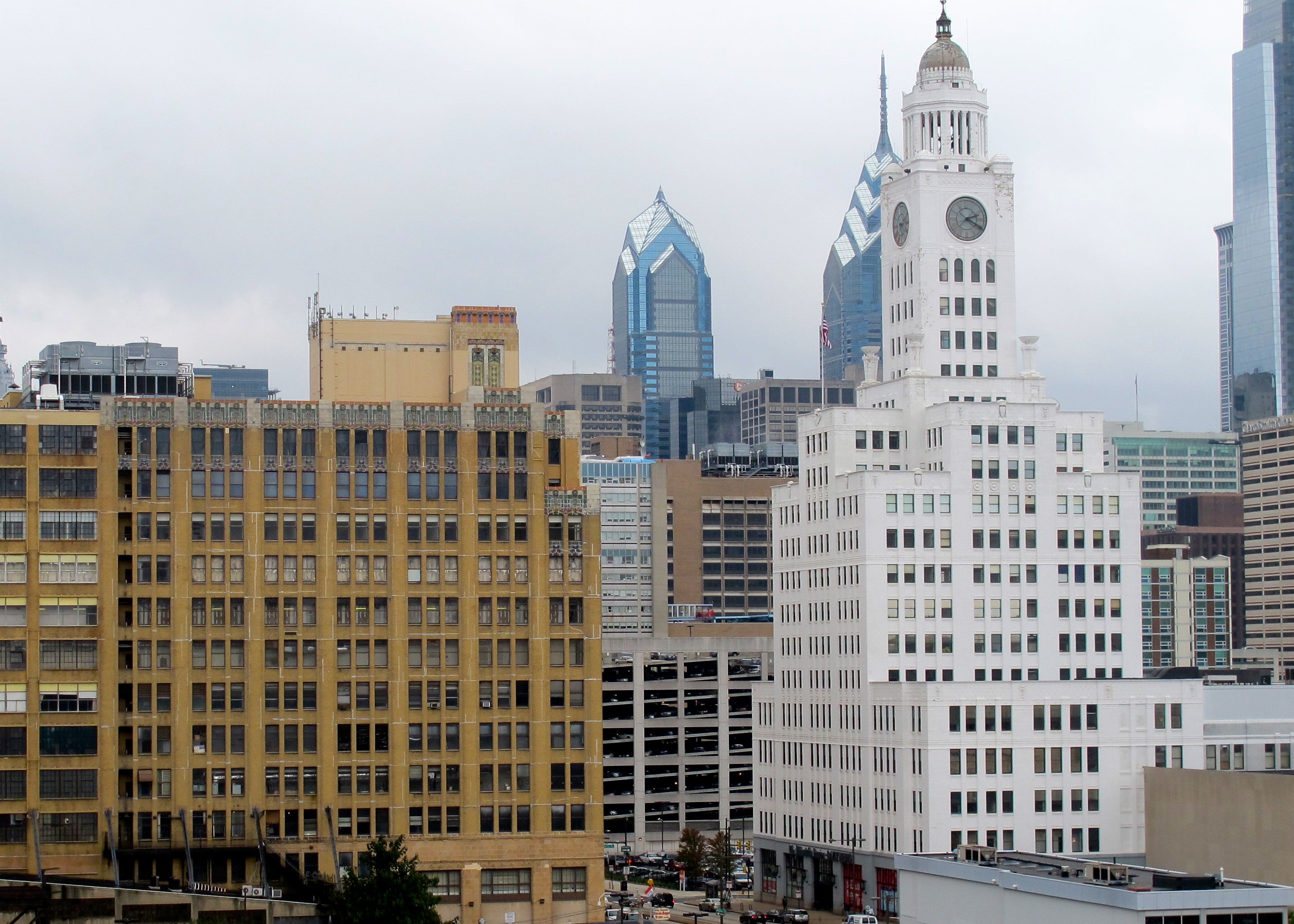Could Philly benefit from another casino?

With Developer Bart Blatstein’s announcement that he’d like to turn part of his North Broad Street holdings into a casino-hotel-entertainment complex, we’re going to be hearing a lot more about the merit of a second Philly casino in the months ahead.
In Sunday’s Inquirer Jennifer Lin examines Blatstein’s role in the now-dead proposal for a Foxwoods casino on the waterfront, and thoughtfully unpacks the economic context for a second Philadelphia casino.
Pennsylvania legalized gaming in 2004 and since then, Lin notes, the states surrounding us all have casinos too. Some state legislators, like Senate Majority Leader Dominic Pileggi and Sen. John C. Rafferty Jr. think that the market conditions have changed significantly and Pennsylvania should reconsider the number of casino licenses it initially authorized.
We know the social and neighborhood arguments against building casinos. But how would this casino’s economics shake out? Casino revenue is supposed to bring in revenue to help our cash-strapped city. Lin explains the current situation: Philadelphia expects to receive $3.3 million for its local tax share of gaming revenue from SugarHouse in the current fiscal year ending June 30, plus an additional $2 million that SugarHouse agreed to pay to offset the city’s annual costs. The Philadelphia School District gets $5 million annually from SugarHouse.
More important, the city will receive $86.3 million in statewide gaming revenue this year to cut wage taxes.
For that reason, Democratic Sen. Anthony Hardy Williams of Philadelphia gets impatient when he hears colleagues like Pileggi pushing to remove Philadelphia’s second license.
“Philadelphia needs revenue and can’t afford another tax,” Williams said. “Consequently, they’ll need a casino.” But the state isn’t so sure Philadelphia should get a second casino. Lin writes, In a report in August, the state’s treasury tried to calculate the best locations for the two remaining licenses. If opened up to the entire state, the treasury concluded, South York or Reading would generate the highest net gain in gaming revenue. A Philadelphia casino would generate more revenue – but at the expense of other operators, resulting in a lower net gain for the state. The latter point means that even if another casino is built in Philadelphia, it might only serve to saturate the market.
WHYY is your source for fact-based, in-depth journalism and information. As a nonprofit organization, we rely on financial support from readers like you. Please give today.





